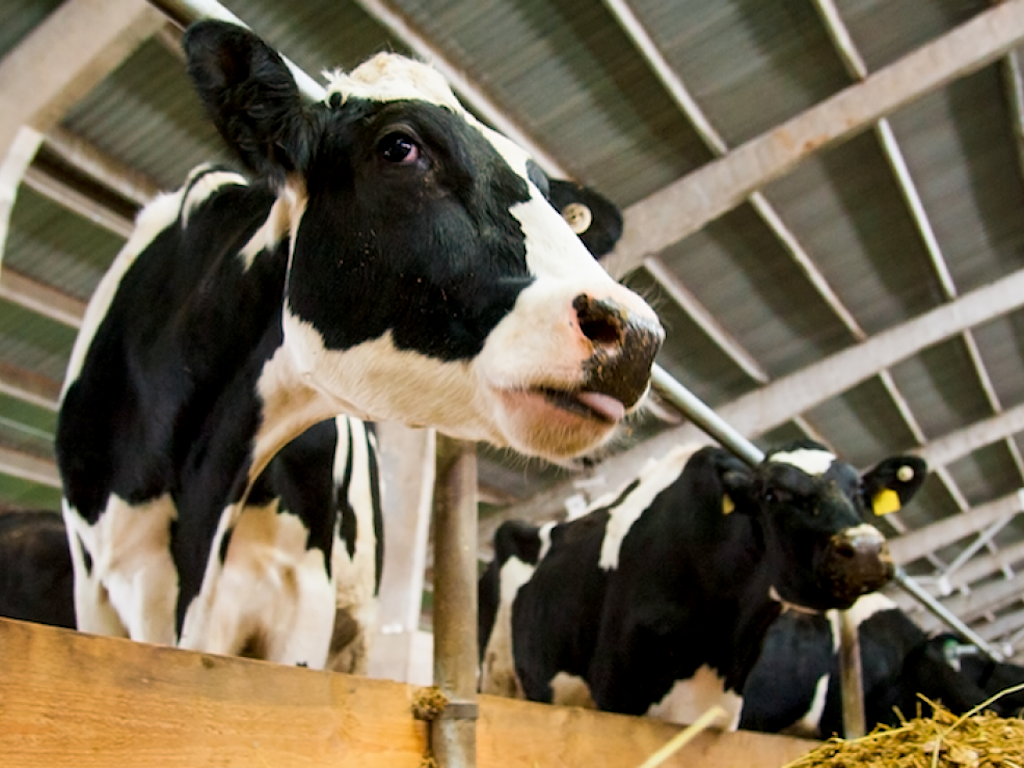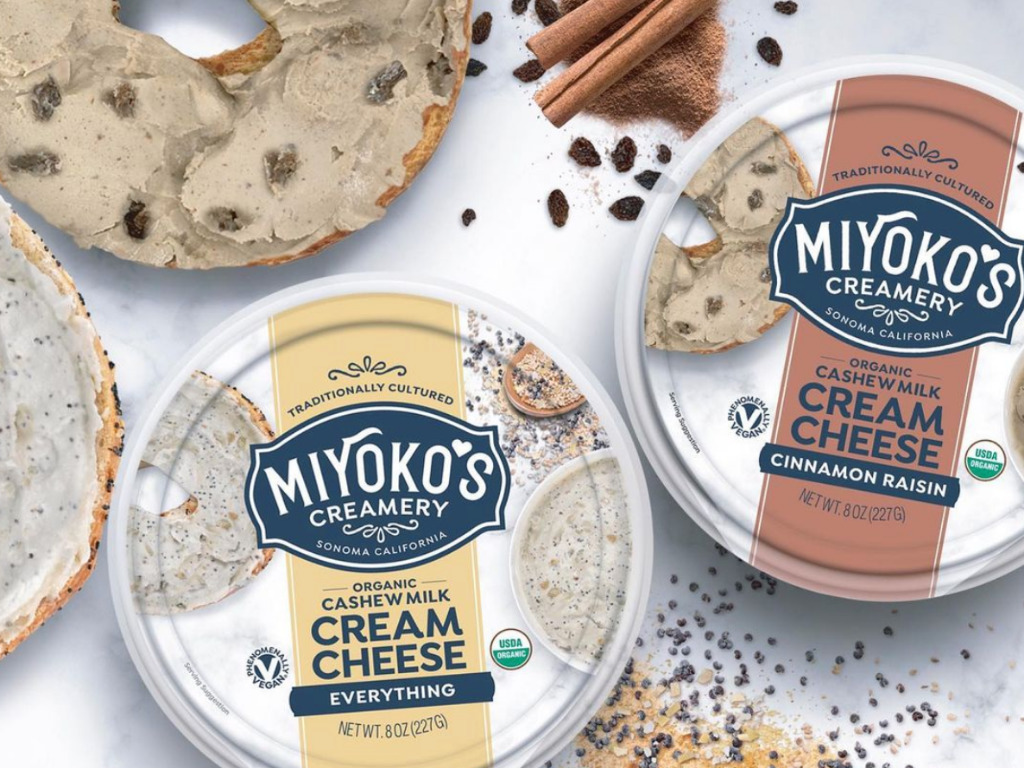Miyoko’s Creamery Launches Program That Helps Struggling Dairy Farmers Transition to Succesful Plant-Based Crops
3 Mins Read
California-based Miyoko’s Creamery is pushing ahead with plans to domesticate its supply chain. Looking for a farm to transition to plant-based crops, the company has launched its Dairy Farm Transition (DFT) program. The chosen location will receive funding and support to move away from animal agriculture in favour of sustainable crops. It will become an integral part of the Miyoko’s Creamery supply chain.
The DFT program has been designed to uplift U.S. farmers, via the growing plant-based sector. As consumers continue to move away from conventional meat and dairy consumption, the future of animal agriculture is unpredictable. The steady increase in those choosing plant-based foods isn’t. Recent Ipsos analysis counted more than 9.7 million U.S. vegans as of 2019, a 500 percent increase since 2014 and a 300 percent rise from 2004. Miyoko’s Creamery has felt the benefit of such an increase and now, wants to extend that success to a domestic farm.

Dairy Farm Transitions
Independent dairy farmers have been suffering. Competition from industrial dairies, labour shortages and rising production costs have squeezed smaller operations. Many are considering their futures and Miyoko’s Creamery is presenting one with a unique opportunity. The company said: “Our mission is to help one dairy farm make the shift to plant-based production. We want to work alongside the farmer to grow organic specialty crops like herbs, fruit, grains and legumes that we will purchase to contribute to our supply chain and research and development efforts.”
By creating a new domestic supplier, Miyoko’s will be able to stop sourcing ingredients from abroad. Further, the company says demand will increase for U.S.-gown specialty crops and this can help the plant-based sector can thrive. Miyoko’ believes it’s a win for everybody and will create a blueprint for future farms that want to make the leap.
In 2020, plant-based grocery sales rose to $7 billion in the U.S. Six out of 10 households buy plant-based foods and of them, 78 percent are repeat consumers. The demand is there, all that was missing was the infrastructure and funding. That’s what the DFT program aims to provide.
Already in discussions with some small to mid-size farms in California, Wisconsin, and the Northeast, Miyoko’s is keen for more to apply, especially after Danone cut ties with 80 independent dairy farmers. The perfect location for the pilot scheme is critical for producing quantifiable data for future iterations. The project will be conducted in partnership with Farm Sanctuary and once selected, the chosen farm will receive:
- A grant for new equipment, seeds and initial set-up
- Guaranteed income while transitioning
- Education
- Technical assistance
- A secured market position

The future of farming
Earlier this year it was reported that global farm subsidies are harming the environment. Add in a significant consumer mindset shift towards a more flexitarian diet and there’s a good case for moving away from traditional models. The DFT program represents new opportunities for farms that are willing to diversify.
It joins the ranks of another recently launched positive change campaign, Transfarmation. The Mercy For Animals project helps people turn struggling livelihoods into earth-positive ones. Their flagship success story is a former chicken farm ‘transfarmed’ into a hemp-growing facility.
Oatly entertained a similar idea in 2017. It supported a dairy farmer to grow more oats for its milk production. Since then, the farm in question has supported others in Sweden to move towards plant-based crops.
All images courtesy of Pexels.




